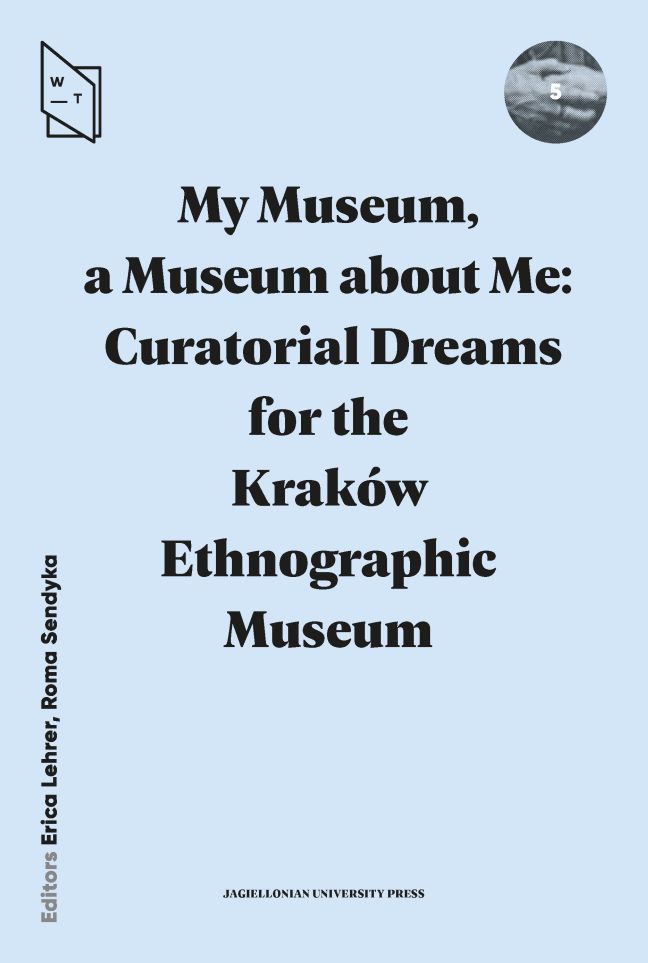The Village—A Difficult Inheritance
Published online by Cambridge University Press: 01 March 2024
Summary
My god, how sorry I felt for children, whose cows or geese fled from them more than once in the field, and the poor shepherd was afraid that the flock might come to harm. They ran, chased, but couldn't catch up, and got a beating at home for not minding their task properly.
Reading the first words of this sentence during the intervention, my voice trembled. Before its contents had sounded out, a somatic reaction signalled the resonance between the words and the surroundings. Although the intervention was preceded by lengthy preparations and intellectual work, the response to it came through an entirely different channel—a bodily one.
What were the premises of the action which took place in the Małopolska hut in the Ethnographic Museum of Kraków? The reconstructed interior of the hut was displayed as a somewhat generalized model in which traces of a person's presence, or how someone might live day-to-day, were lacking. The interior is presented in its formal decor. Finding yourself in such a space it is easy to believe in the truth of this image, or to forget how the peasantry normally lived. The image evoked doubts in me, and provoked questions among others, whether this is a true image of the village, whether it would be hard for us to acknowledge a village displayed in a different way, whether we are ashamed of the village, that is our (difficult) inheritance. Recognizing that a different image of the village than the one on display in museums exists—one which it is difficult to be proud of, what I was offering to the audience was the opportunity to reflect on the above questions. I decided to introduce Stefania Różewicz's account, entitled “Wieś mojego dzieciństwa” [The Village of My Childhood], included in Tadeusz Różewicz's book, Matka odchodzi [Mother Departs]. The village is described there as a dirty place, where the living conditions are very difficult, and people are not aware of the basic principles of hygiene, they live their lives based on superstitions. The village is not “like a picture,” the conditions of existence are very different from what we imagine, based on museum discourse.
- Type
- Chapter
- Information
- My Museum, a Museum about MeCuratorial Dreams for the Kraków Ethnographic Museum, pp. 151 - 154Publisher: Jagiellonian University PressPrint publication year: 2023



